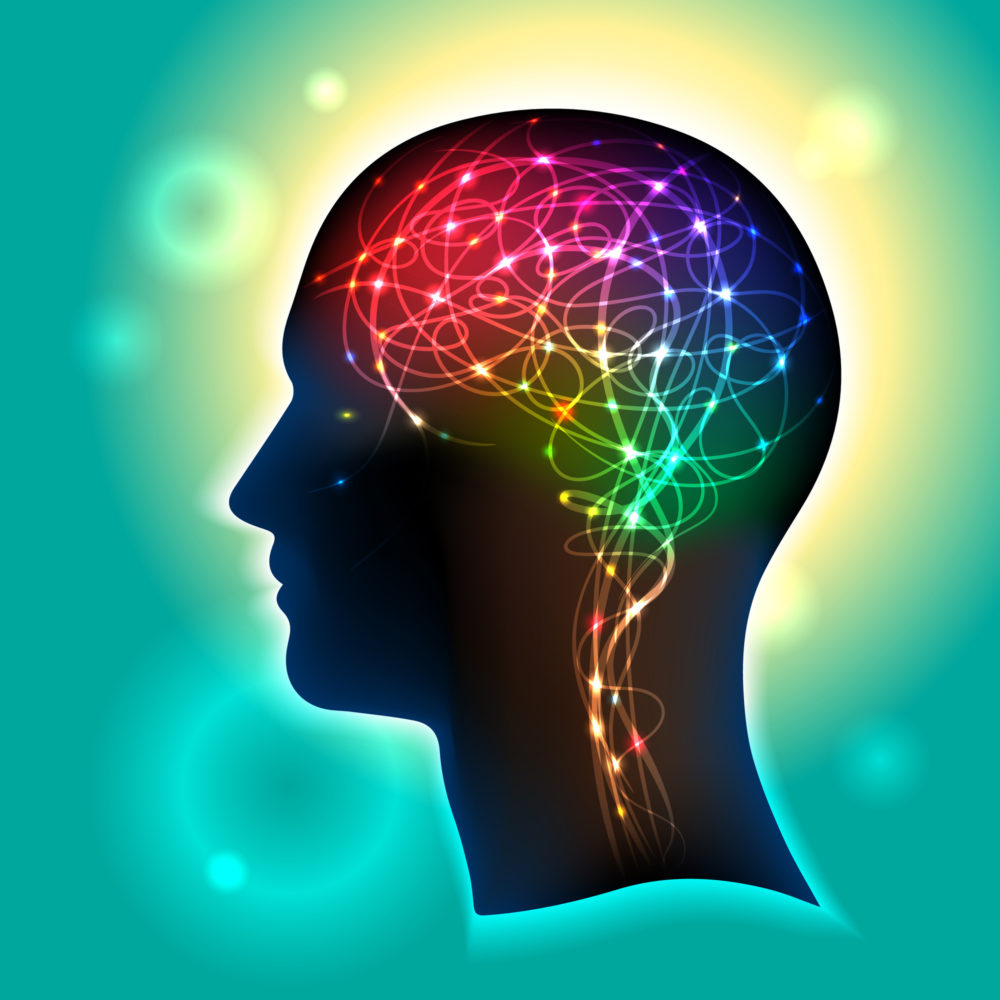There is a difference between mental illness and emotional sensory overload. Most suffer an emotional health issue, or sensory overload, at some time in their life, many of us have.
The difference is that a mental illness is a physiological issue that affects us, usually, for life where an emotional issue is a temporary sensory overload. Things like manic depression, schizophrenia, bi-polar and brain trauma or brain injury are more of a permanent mental illness. The Australian Bureau of Statistics tells us that 1:5 of us suffer a mental illness in any given year and 1:2 will experience it one time within their life. What do these staggering figures actually mean and is it really a mental illness?
Most of us do not fall into this category or mental illness, therefore, most of us experience an emotional health issue, or sensory overload, which is when we feel overwhelmed, anxious, or confused with life events. This is when we feel the symptoms of depression or anxiety overcome us.
I have clients all the time arriving into my rooms asking me to help them as they are suffering from anxiety or depression. After some questions what I often discover they are temporarily overwhelmed emotionally, their sensors are overloaded, rather than suffering a mental illness issue. Sensors in this context are our thoughts, internal processing and physicality which affects our mind and body.
We need to differentiate between the mental and emotional health issues and lower the embarrassment many feel after being told that have in fact a mental illness.
An emotional health issue, or what I prefer to refer it as a Sensation Overload or SO, is when you feel normal for much of your life, then an event occurs, and it leaves you feeling lost, frustrated, distressed, overpowered by thoughts and confusion. This emotion is only there at times, a temporary feeling but not always present. So, I ask, if this event was past and now a distant memory, if you could find a way to resolve this dilemma or if something happened to change the outcome, how would you feel. When I get a ‘I would be fine’ this means it isn’t so much a mental illness as it is an internal confusion or overwhelm of your sensors. Therefore, this means if the outside events clear, so would your internal dialogue and feelings. This is emotional, not mental it is sensory.
If you are unsure of what it is that you are experiencing, I ask this:
- Do you have this feeling of depression or anxiety when comfortably asleep in bed?
- Do you feel this when watching a comedy show or funny movie with friends?
- What about at a family dinner or work function, do I feel this way?
- When out with friends, laughing or eating, do I feel happy?
Then I ask, have you ever had the flu, I usually get a yes, then I ask – if you had the flu:
- Would you have it when you were asleep?
- What about when you were watching a comedy show?
- When out with friends, would you still have the flu?
Of course, because you have got the flu, therefore if the first lot of questions got mostly No, then you are feeling emotionally overwhelmed rather than perhaps suffering a mental illness that is with us permanently, all day, every day.
Emotional health, or SO (Sensory Overload), can affect us from time to time due to challenges we experience throughout life. This can include loss of a relationship, being overlooked for that job, losing your job due to redundancy or other reason, that feeling of despair or rejection. All these can be temporarily devastating but it does not mean you have a mental illness, it does mean you are emotionally challenged and overwhelmed.
What can you do?
Take some time. Refocus on what you do have in your life, your own capabilities and areas that are good in your life. Know that within 6 – 12 months this emotion will indeed be a past memory. I usually do some mind therapy, or hypnotherapy, to future pace the person to where they want to be in 12 months from today. We need to visualise, feel, experience, and hear it in our mind so it becomes real to us. Then we start walking toward that vision. It is indeed a powerful tool we have, our mind. Little is really known or understood about the power of our mind. As a Mind Therapist, a clinical hypnotherapist, I see every day the positive results a professional session of mind therapy can have on a person. How their life can change, their burden lifted, their thoughts become more positive and behaviours change.
I urge anyone experiencing a feeling of overwhelm, frustration, anxiety to please do something for yourself. You have the power within. In many cases, a pill will not correct the situation of helping you to look at things from a different perspective. Your mind can do both these things and quickly. I have seen firsthand the positive results from the mind therapy Decrease Anxiety session people have done and more recently the Remove Your Baggage session has had some incredibly positive results for people. The most recent recorded session Overcome Trauma, was created due to many clients telling me how they were struggling with past traumatic events in their life, whether this was trauma experienced as a child, a horrid relationship, bullying at school or work, or something reasonably new. The Overcome Trauma session has been astoundingly successful for so many people to regain their strength and power.
If your issues are more complex please consider contacting a professional Counsellor to help guide you. Just a session or two speaking with someone can take away so much of the weight we carry from overwhelming issues. We are in fact in-charge of our own destiny. We are in charge of how we look at things in life, how we process these things and what steps we take to manage or change these. You have the power, you just need to know how. The sessions mentioned above can give you that How. Please, I urge anyone struggling with sensory overload, to take control, take charge and make those positive changes necessary to feel strong, powerful and move forward for a better and happier life. Find out more about the Mind Therapy sessions. You are never alone, help is available.
Read more from Dr Karen






